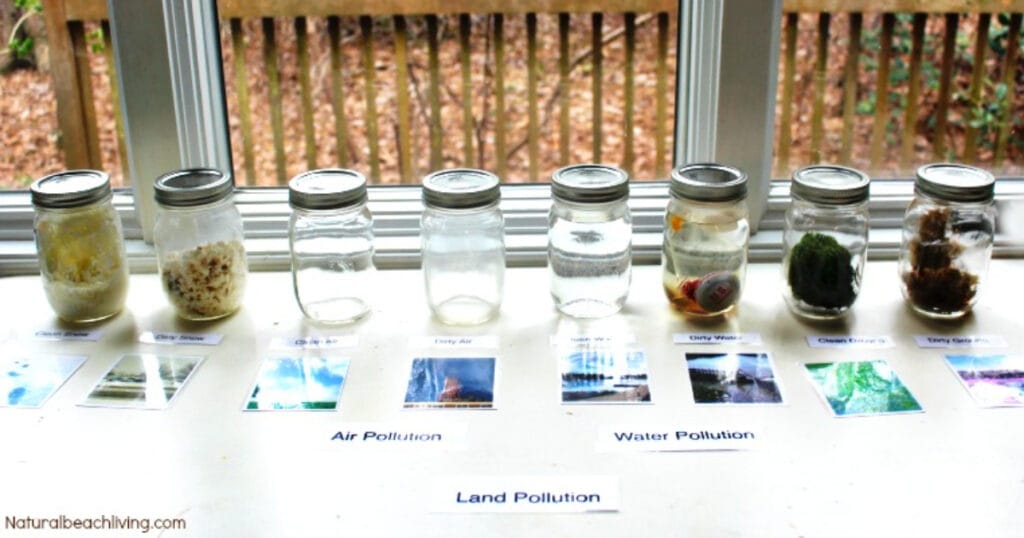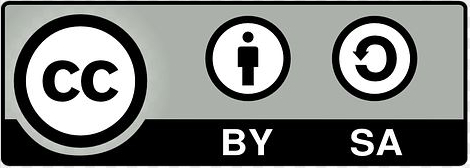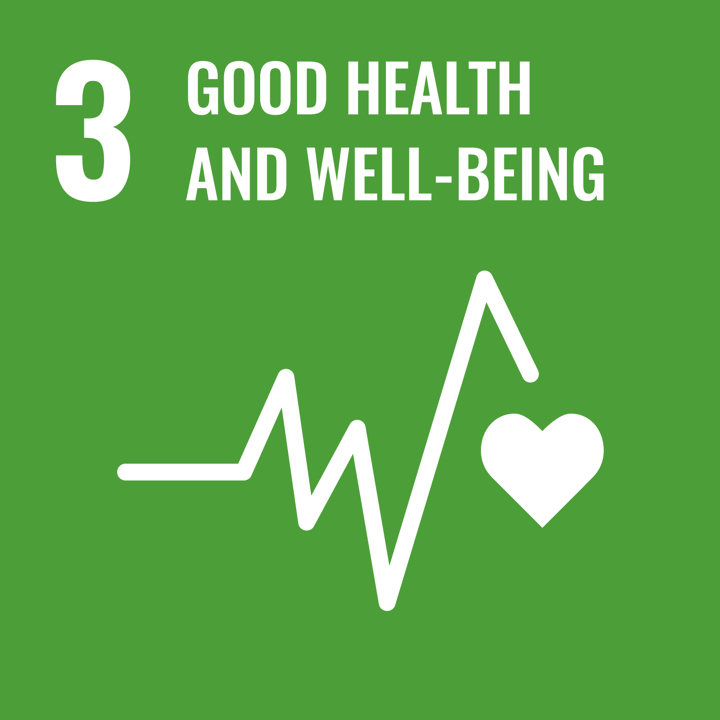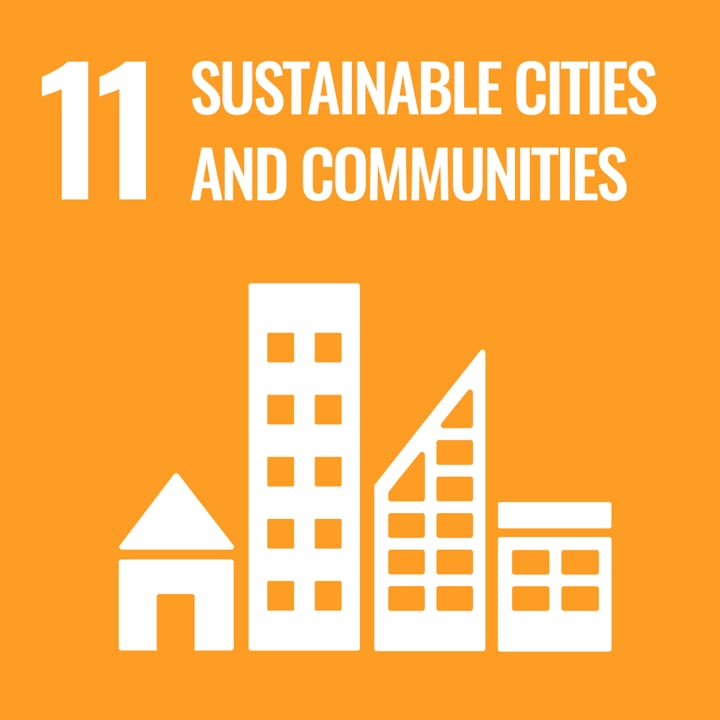
Beoogde eindgebruiker: Leraar
Leeftijdsgroep: Hoger basisonderwijs
Schoolcurriculum: Science; Social, Physical & Health Education; Social & Environment Science; Languages; Applied Science
Thema's en onderwerpen: Energy Use and Production; Behaviour & Lifestyle; Collective Action; Environmental Change; Futures Thinking; Information & Knowledge; Pedagogy Approaches
Duur: 9 Learning Units (8 hrs).
Type bron: Experiment, Guidelines & Notes, Lesson Plans, Project
Trefwoorden: Air pollution; environmental science; health education; inquiry based activity
Talen: English; Dutch; Swedish; Portuguese; Greek
Beschrijving
In this learning scenario, students will gain a deeper understanding of what pollution is and how the atmosphere can be polluted. They will learn where air pollution comes from, how it affects them personally, and discuss ways of reducing or eliminating it and exploring ways to decrease its impact on humans. Students will make their own pollution detectors, collecting data about the levels of pollution in the air at their school and around their local community. They will use their research to decide how they would ‘solve’ the problem of air pollution, then design and build a prototype device.
Hoe gebruik je deze bron
Educators can integrate this resource into their curriculum to address topics related to environmental science, health education, and sustainability. The lesson plans are designed to facilitate interactive classroom discussions, hands-on experiments, and community-based projects. Teachers are encouraged to adapt the materials to their local context and the specific needs of their students, promoting active engagement and practical understanding of air quality issues.
De middelen
Leerresultaten (Docenten)
- Eliciteren van voorkennis en verder ontwikkelen van kennis en begrip van de belangrijkste concepten van Duurzaam Burgerschap, waarbij gevestigde wereldbeelden en waarden in twijfel worden getrokken.
- een reeks geschikte hulpmiddelen en kaders toepassen om duurzaam burgerschap bij studenten te bevorderen
- Reflecteren op de praktijk en nationale curricula onderzoeken om mogelijkheden te identificeren om Duurzaamheidsburgerschap op interdisciplinaire manieren te bevorderen en samen te werken met externe belanghebbenden.
- Samen de kennis, hulpmiddelen en kaders synthetiseren om onderwijsmateriaal en lesplannen te maken die zijn aangepast aan hun eigen lokale context.
- Door middel van workshopactiviteiten en praktijkgemeenschappen capaciteit en agency opbouwen als docenten en leiders op het gebied van duurzaam burgerschap.
Groene competenties
- Duurzame waarden belichamen: Duurzaamheid waarderen; Natuur bevorderen
- Complexiteit omarmen in duurzaamheid: Systeemdenken; kritisch denken; probleemopstelling
- Duurzame toekomstvisies: Toekomstgeletterdheid; onderzoekend denken
- Handelen voor duurzaamheid: Collectieve actie; individueel initiatief
Creative Commons

“How Clean Is Our Air?” by Forth Together CIC – Jubilee Primary School: Kelly Stoppard is licensed under a Creative Commons Attribution-ShareAlike 4.0 International License
SDG's




